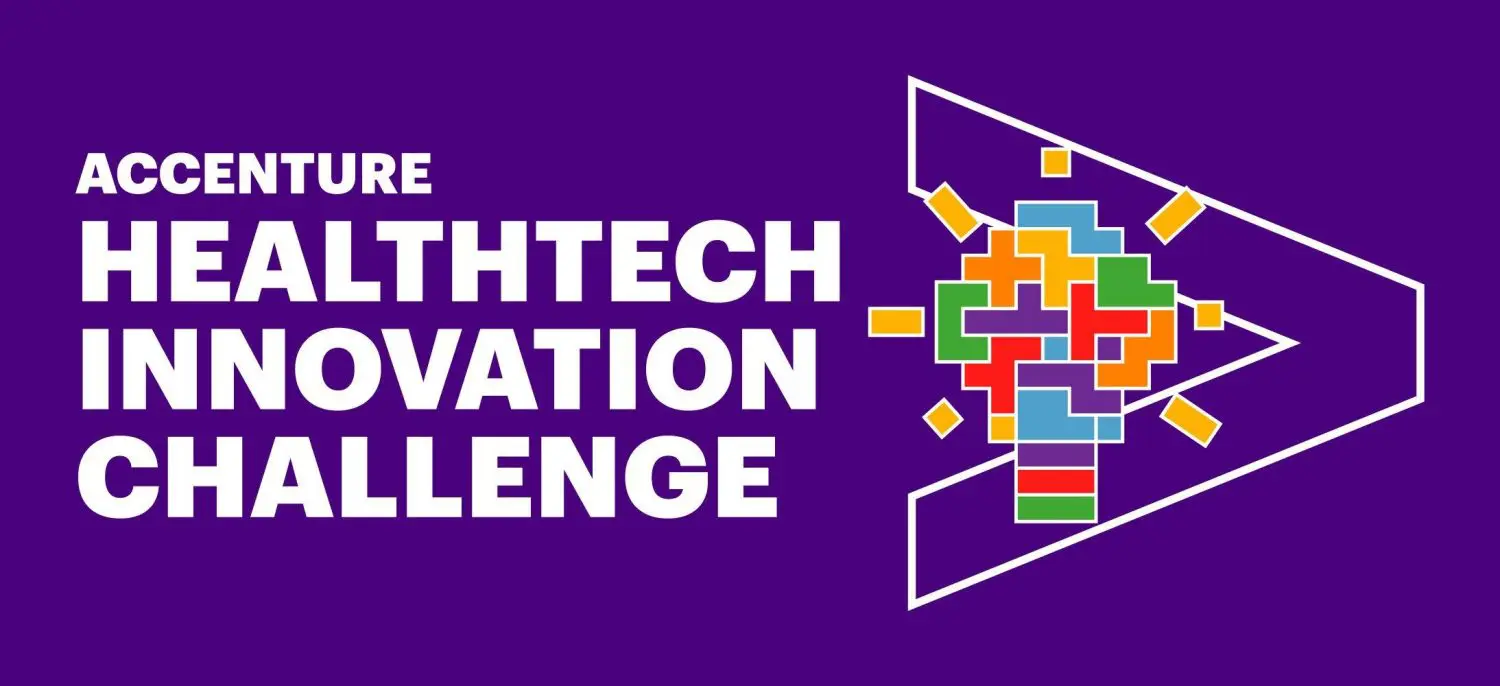In this article, we delve into the realm of HealthTech Innovators, a group of trailblazing companies that are redefining the paradigms of healthcare delivery. As the intersection of technology and healthcare continues to evolve, these enterprises are at the forefront, harnessing cutting-edge technologies to enhance, streamline, and transform how medical services are delivered and accessed. From telemedicine to advanced data analytics, we will explore how these innovators are not only responding to current health challenges but are also shaping the future of healthcare. Join us as we provide an in-depth analysis of each company’s contributions and the impact of their innovations in the healthcare sector.
Table of Contents
- Emerging Leaders in HealthTech Innovation
- Impact of Artificial Intelligence on Patient Care Efficiency
- Investment Opportunities in HealthTech Startups
- Challenges and Regulatory Considerations in HealthTech Adoption
- Fair Value

Emerging Leaders in HealthTech Innovation
In the rapidly evolving healthcare landscape, certain HealthTech companies are standing out for their innovative approaches to medical care and patient management. These organizations leverage cutting-edge technology to improve access to health services, enhance the accuracy of diagnostics, and personalize treatment options.
BioMed X is at the forefront with its collaborative research lab model. They partner with leading academic institutions and use AI-driven platforms to accelerate drug discovery and development. GenomeNext has revolutionized genetic sequencing with its automated, cloud-based analysis tools, dramatically reducing the time and cost associated with genome sequencing.
- Neurotrack – Utilizes AI and machine learning to predict and diagnose Alzheimer’s disease through eye-tracking technology.
- Zebra Medical Vision – Employs deep learning to read medical imaging and automatically detect anomalies.
- Tempus – Focuses on precision medicine, using an AI-powered database to personalize cancer treatments.
| Company | Innovation | Impact |
|---|---|---|
| PathAI | AI-based diagnostics | Improves accuracy of pathology diagnoses |
| HeartFlow | Advanced imaging analysis | Enhances detection of coronary artery disease |
These companies exemplify how technology can intersect with healthcare to foster advancements that not only improve operational efficiencies but also deliver significant improvements in patient outcomes. The integration of AI, machine learning, and other technologies into health services is undoubtedly setting a new standard for healthcare in the 21st century.
Impact of Artificial Intelligence on Patient Care Efficiency
The integration of Artificial Intelligence (AI) in healthcare practices has catalyzed significant shifts in patient care efficiency. First and foremost, AI technologies facilitate rapid and accurate diagnostics, leading to quicker decision-making processes. For instance, machine learning algorithms can analyze complex medical data in seconds, identifying patterns that may not be immediately apparent to human observers.
Moreover, AI-driven tools are enhancing the precision of personalized treatment plans. By aggregating and analyzing massive amounts of patient data, these technologies can predict individual responses to various treatments, ensuring optimal outcomes with minimal side effects. This tailored approach not only boosts the efficacy of treatments but also elevates patient satisfaction and engagement.
- Workflow Optimization: AI automates routine tasks such as scheduling, patient data entry, and prescription management, freeing healthcare professionals to focus more on patient care rather than administrative tasks.
- Enhanced Patient Monitoring: AI-powered devices and apps continuously monitor patient health metrics in real-time, providing alerts if intervention is necessary, thus preventing complications and readmissions.
- Virtual Health Assistants: These AI tools offer 24/7 health support, answering queries, providing health reminders, and helping manage chronic conditions from the comfort of patients’ homes.
The following table highlights key statistics showcasing the positive impact of AI integrations on healthcare efficiency:
| Parameter | Impact Measurement |
|---|---|
| Reduction in Diagnostic Errors | 45% decrease |
| Improvement in Treatment Personalization | 30% more effective |
| Efficiency in Administrative Tasks | 50% time saved |
The successful deployment of AI is not without challenges, including data privacy concerns and the need for robust regulatory frameworks. However, the undeniable benefits it brings to patient care efficiency make it a pivotal element in the future of healthcare.
Investment Opportunities in HealthTech Startups
The integration of technology in healthcare has opened significant doors for investment, especially in startups aiming to redefine the landscape of healthcare delivery. As HealthTech companies strive to innovate, here are key areas where promising startups are making impactful strides:
- Telemedicine: Companies are leveraging telecommunication to provide clinical health care from a distance, efficiently bridging the gap between patients and healthcare providers. This technology is particularly crucial in remote areas and for patients requiring chronic care.
- Wearable Medical Devices: A rapid growth area where sensors and IoT devices are used to collect data on health metrics such as heart rate, sleep patterns, and exercise data, providing real-time insights for both patients and physicians.
- Artificial Intelligence (AI) in Diagnostics: AI is being utilized to analyze complex medical data. Startups are developing AI algorithms that can diagnose diseases from images, labs, or genetic information faster and more accurately than human professionals.
Below is an overview of some notable HealthTech startups that are leading with innovative solutions:
| Startup | Focus Area | Founded Year | Notable Achievements |
|---|---|---|---|
| MediLinker | Telemedicine | 2018 | Expanded to 10+ countries |
| FitTrack | Wearable Devices | 2017 | Over 1 million devices sold |
| Deep Diagnose | AI Diagnostics | 2019 | Patented AI technology for early cancer detection |
Investing in HealthTech startups offers the potential for significant returns as well as the opportunity to contribute to advancements in healthcare that can enhance quality of life globally. Thorough evaluation of the market landscape and the innovative edge of specific startups is crucial before proceeding with investment decisions.
Challenges and Regulatory Considerations in HealthTech Adoption
Integrating innovative HealthTech solutions involves navigating a complex landscape of regulatory frameworks which vary significantly across different regions. Companies venturing into this space must grapple with stringent data protection laws, such as the General Data Protection Regulation (GDPR) in Europe and the Health Insurance Portability and Accountability Act (HIPAA) in the United States, ensuring patient data is handled securely and confidentially.
Besides data privacy, manufacturers and developers are also required to obtain necessary approvals from relevant health authorities, which often involves a rigorous process. For example:
- Pre-market approval by the Food and Drug Administration (FDA) in the US.
- CE marking that indicates conformity with health, safety, and environmental protection standards for products sold within the European Economic Area (EEA).
Another hurdle is the need for interoperability across various healthcare systems, which requires HealthTech products to be compatible with existing technologies used in healthcare facilities. This not only poses technical challenges but also adds another layer of approval and testing to ensure seamless integration without compromising the efficacy of pre-existing systems.
| Region | Regulatory Body | Requirement |
|---|---|---|
| USA | FDA | Pre-market approval |
| Europe | EMA | CE Marking |
| Asia | Varies by country | Local clearances and certifications |
Fair Value
In conclusion, the HealthTech sector continues to redefine healthcare delivery through innovative solutions that enhance efficiency, improve patient outcomes, and increase accessibility. The companies highlighted in this article represent just a fraction of the efforts underway to integrate technology and healthcare services genuinely. As these innovators forge ahead, it remains essential for investors, industry stakeholders, and consumers to keep a watchful eye on developments within this dynamic field, evaluating the impact and potential of these technologies to transform healthcare as we know it. Moving forward, the continued evolution and adoption of HealthTech will undoubtedly be a critical area to monitor.




